Vegetable oils
Vegetable oils
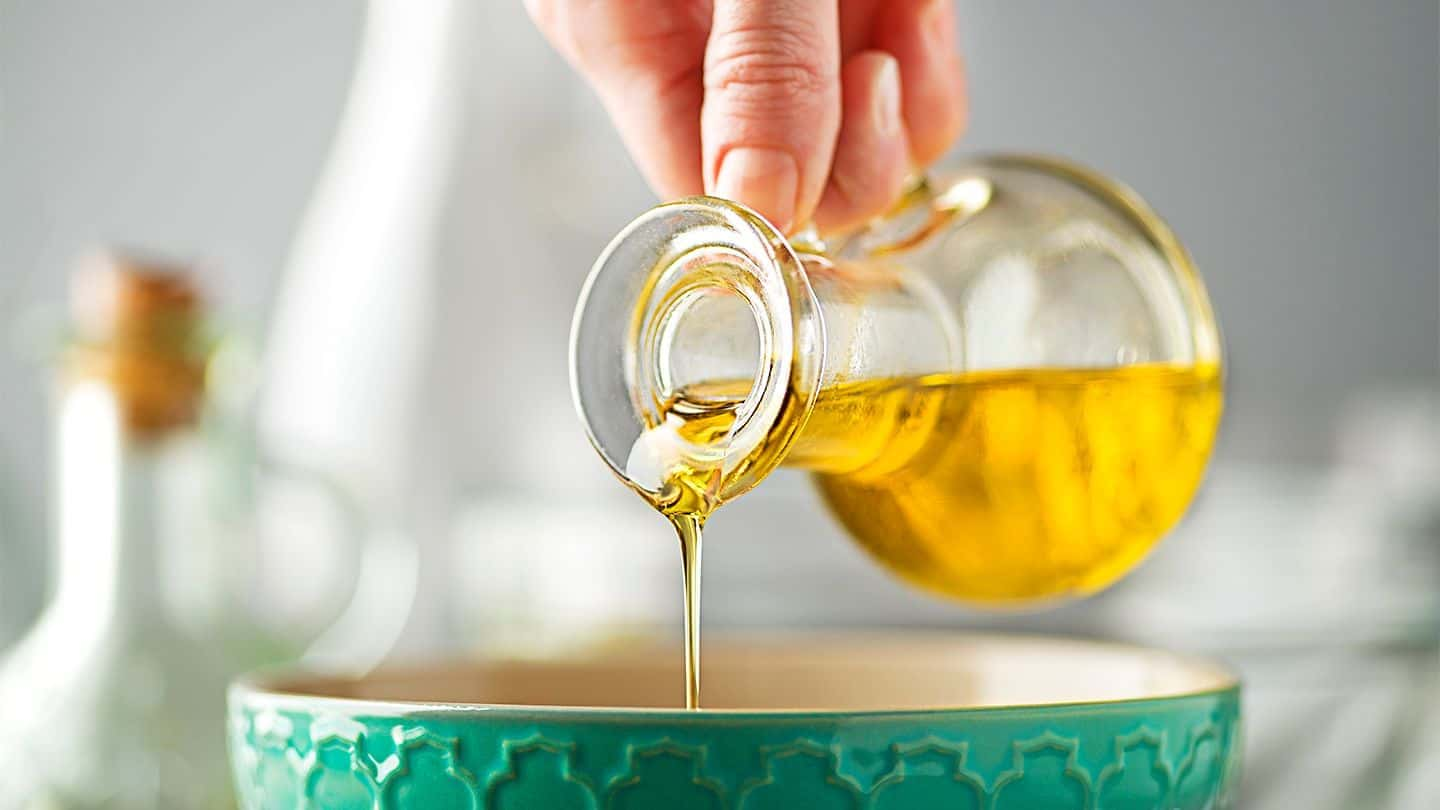
How important is the smoke point of cooking oil to our health?
Each different oil has a different smoke point. An oil's smoke point is the temperature at which it begins to smoke, decompose, and potentially release toxic chemicals. Meaning, when the oil reaches its smoke point, it begins to oxidize and release free radicals, harmful compounds that cause oxidative stress in your body, which can lead to accelerated aging and diseases. Therefore, you should consider the smoking point when choosing cooking oil for the dishes you will prepare.
.jpg)
Olive oil is rich in healthy monounsaturated fats and antioxidants
Olive oil, extracted from the fruit of the traditional olive tree in the Mediterranean basin, is a widely used liquid fat worldwide. Renowned for its antioxidant and anti-inflammatory properties, olive oil is particularly acknowledged for its role in preventing cardiovascular diseases and cancers. The smoke point of olive oil is approximately 350°F (176°C), which is a common cooking temperature for many recipes, particularly those for baked goods.
.jpg)
Coconut oil is high in saturated fats and doesn't contain cholesterol
Coconut oil has been proven that it contains many ingredients that help to lose belly fat, curb appetite, boost the immune system, prevent heart disease and prevent dementia, Alzheimer's disease. Coconut oil is also very popular in some trending diets like the ketogenic and Paleo diets.
.jpg)
Soybean oil is rich in protein and healthy fats with a high smoke point
Soybean oil is a vegetable oil extracted from the seeds of the soybean plant (Glycine max). This oil is rich in protein and healthy fats. Researchers found out it may help promote skin health, reduce cholesterol levels and prevent bone loss.
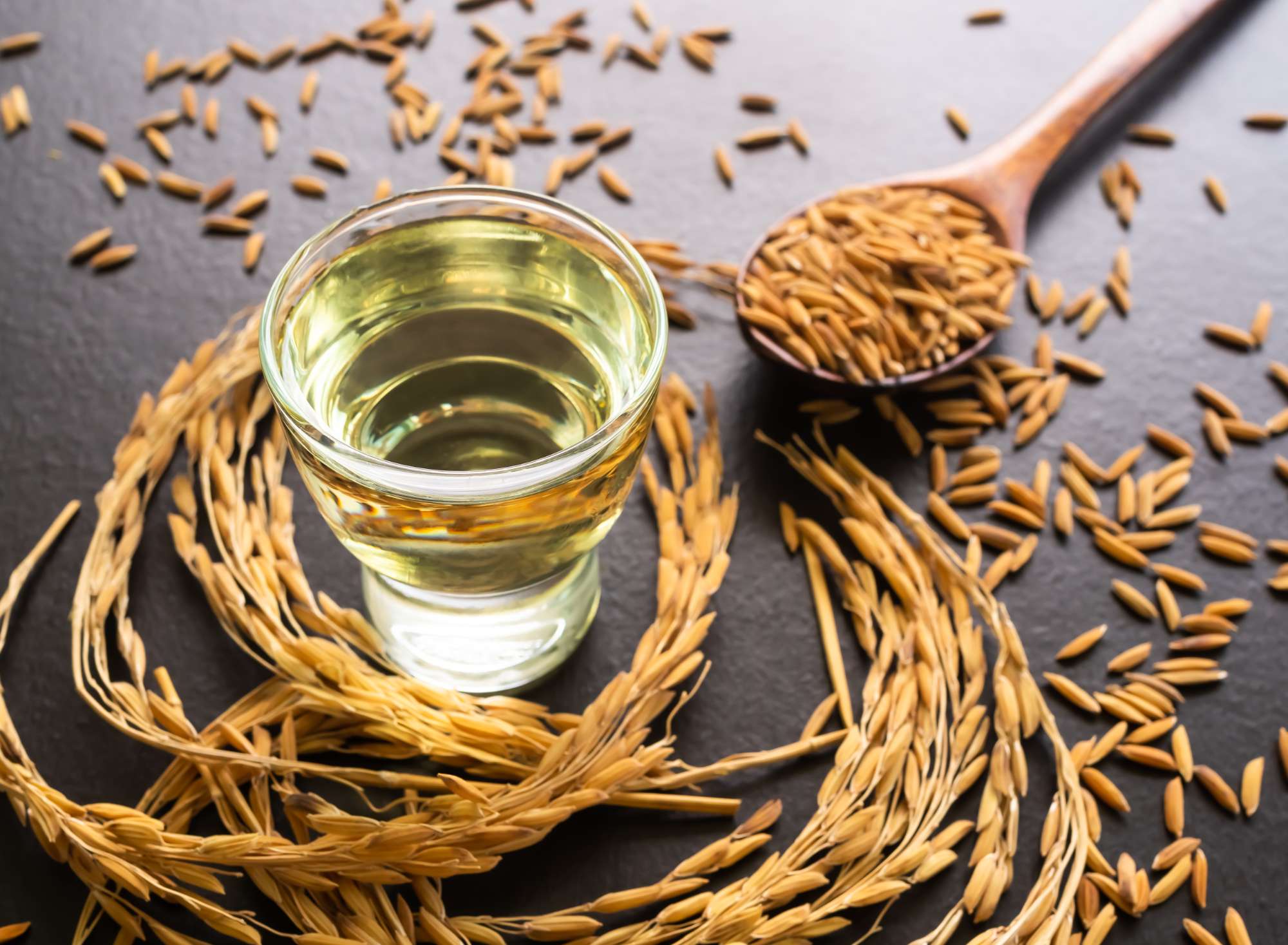
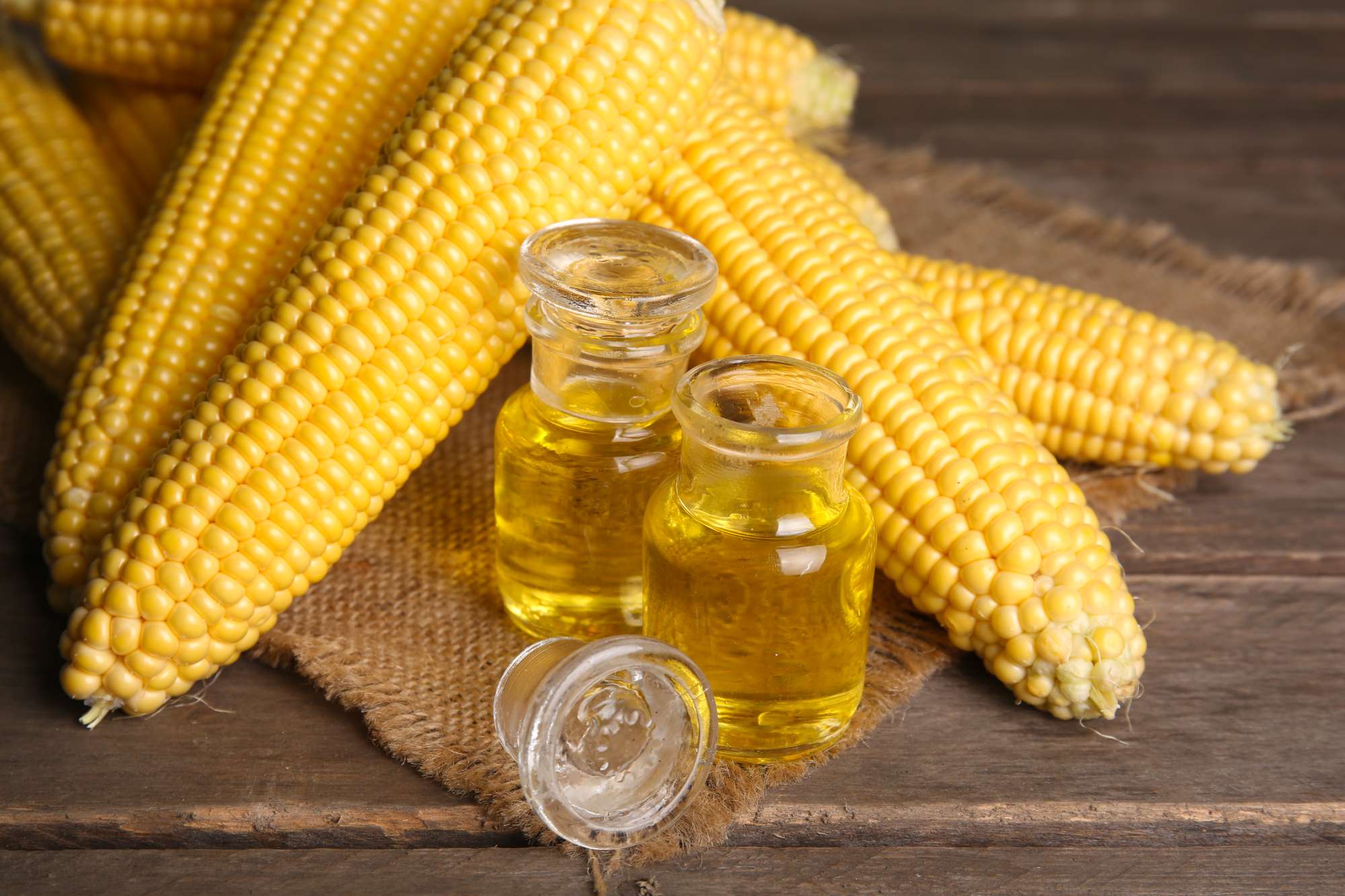
Is corn oil a healthy oils?
In vegetable oils, corn oil is categorized as one of the richest source of phytosterols, it also contains significant amounts of vitamin E and ubiquinone (Q10) that protect it from oxidative rancidity, increasing its shelf life and making it potentially effective at lowering cholesterol levels. However, it also has some side effects such as weight gain and potential toxicity. These side effects depend heavily on how corn oil is extracted from the corn itself, the type of corn oil you use, and the way you use it.
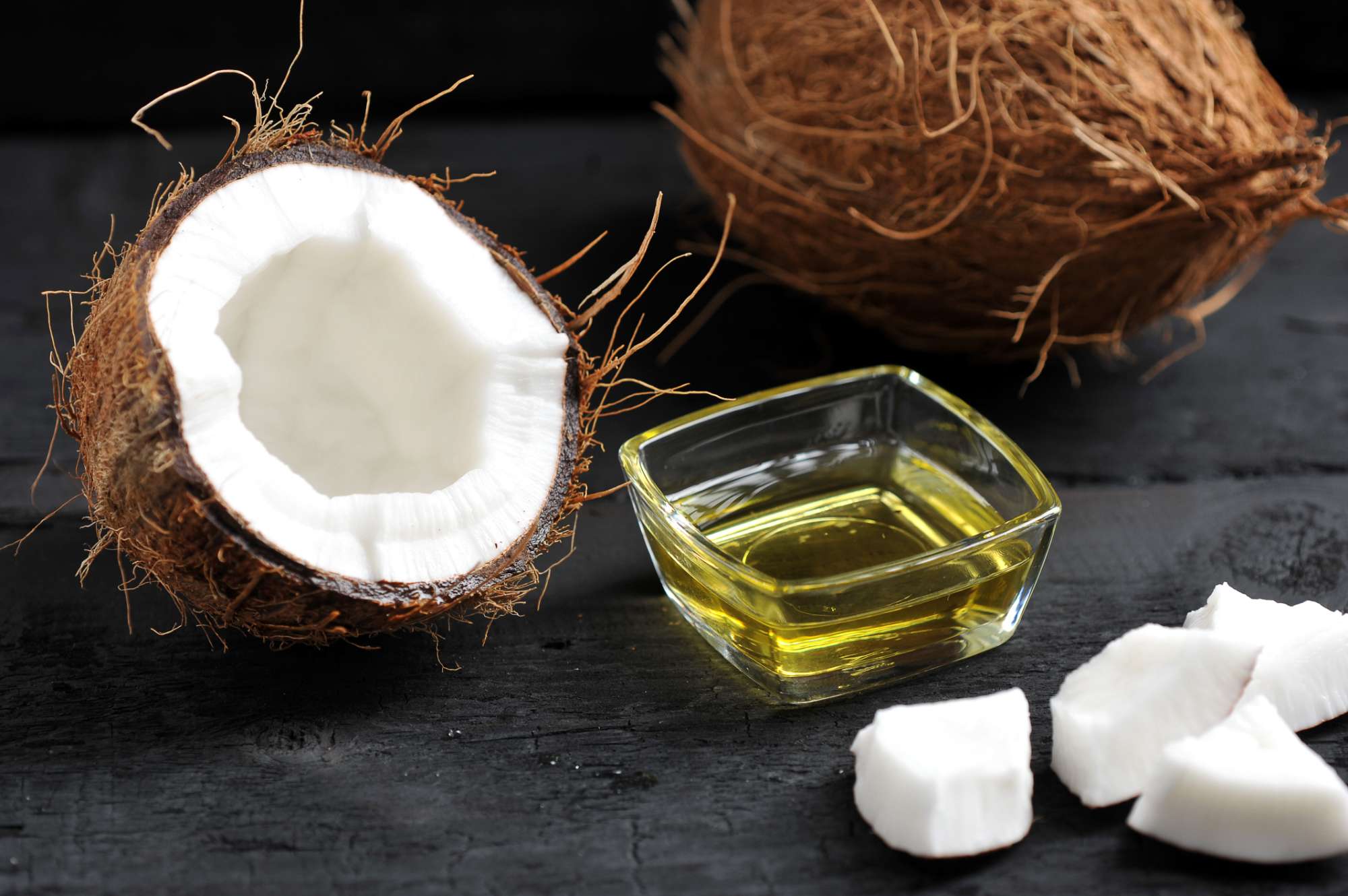
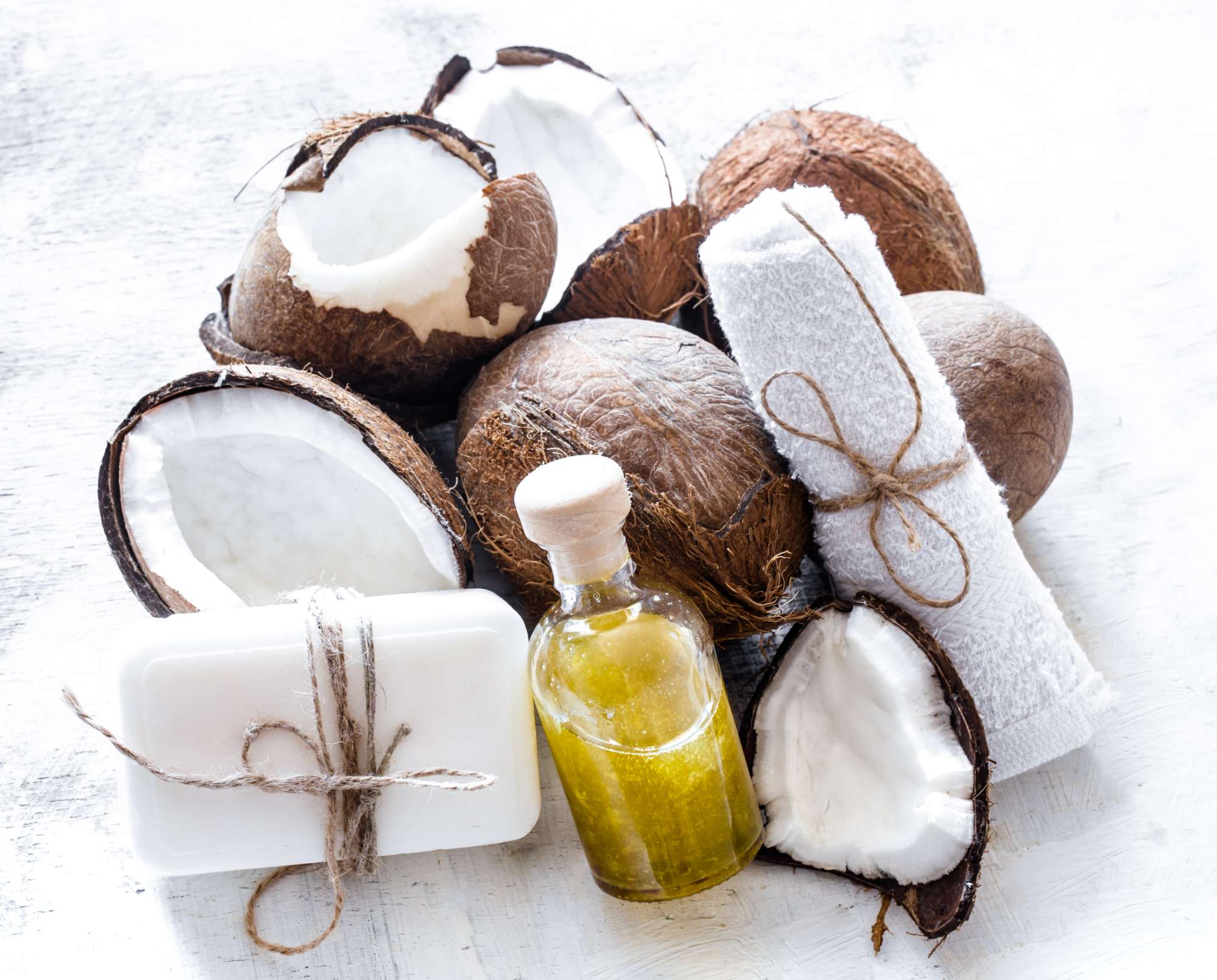
Benefits of Coconut oil for healthy skin
Coconut oil is the richest source of lauric acid, a fatty acid known for its antibacterial, moisturizing, and hormone-balancing properties. In addition to its anti-aging and skin-restoring abilities, it also stimulates collagen production, and its vitamin E content protects the skin from sun damage.
.jpg)